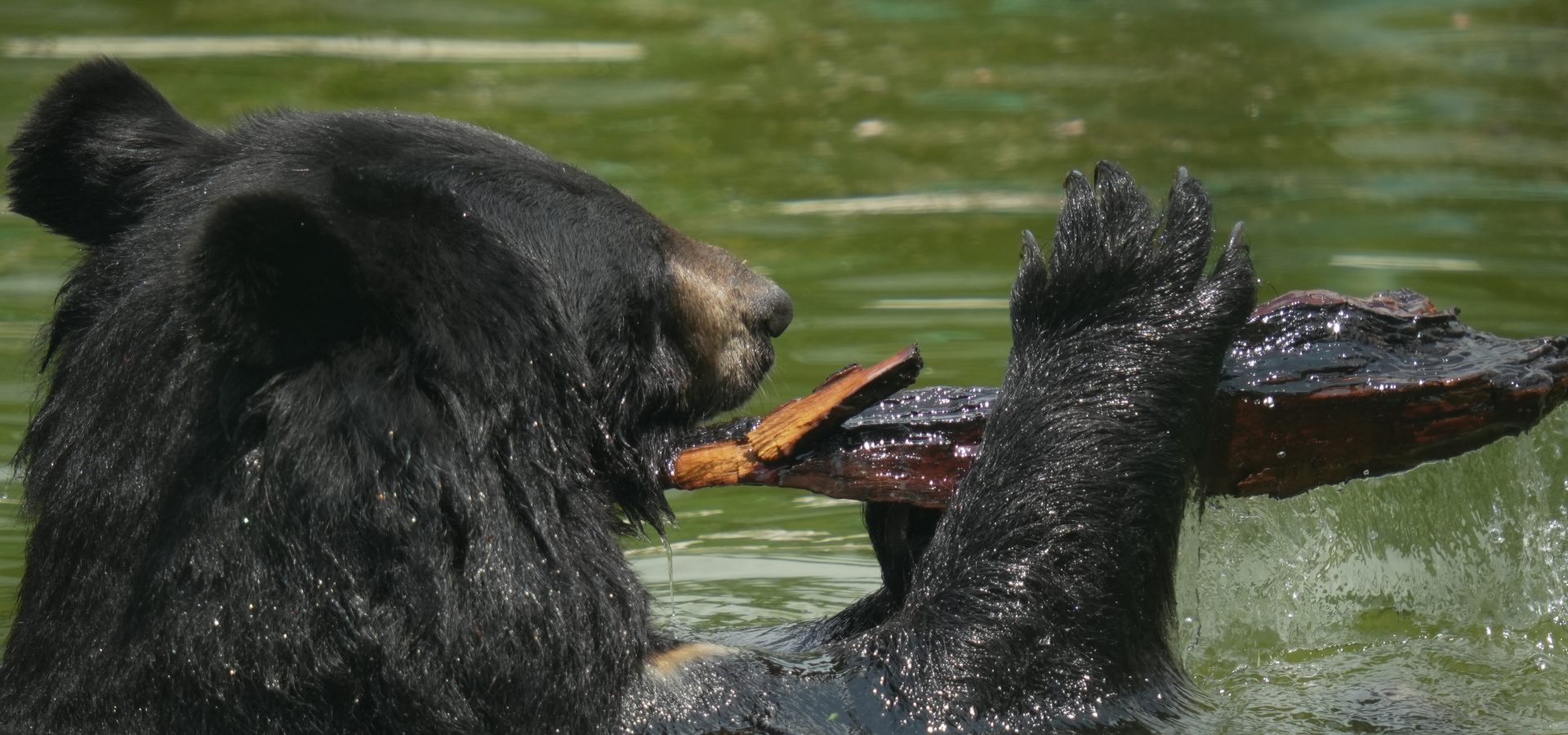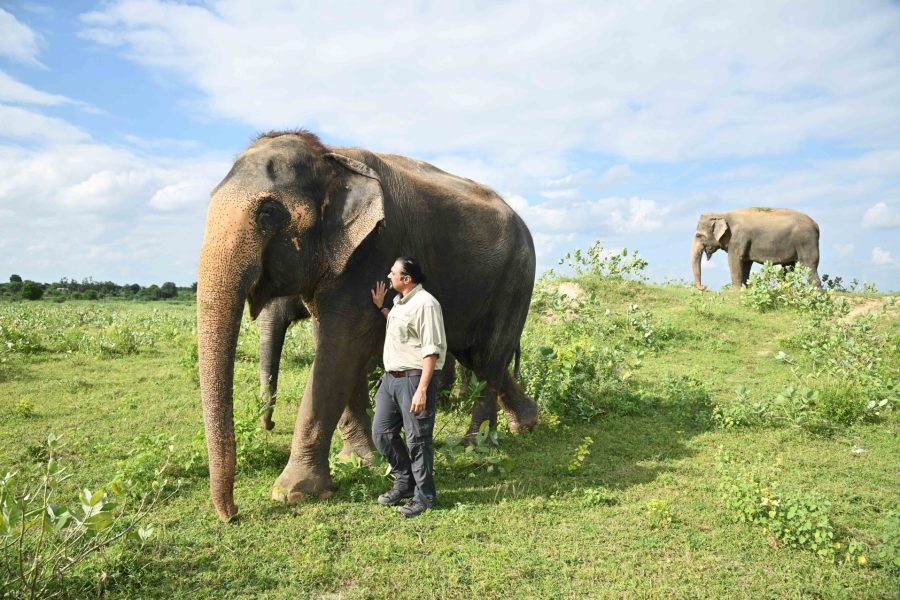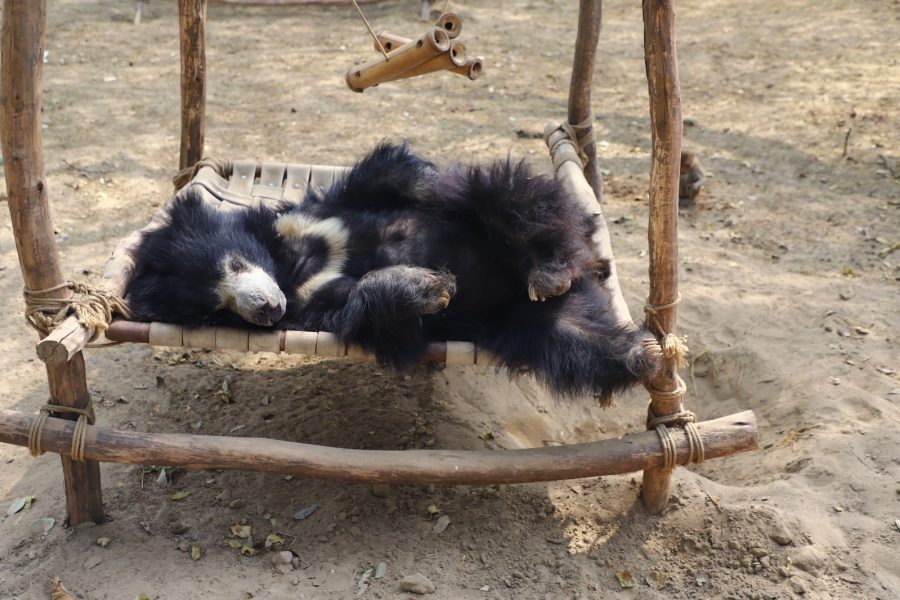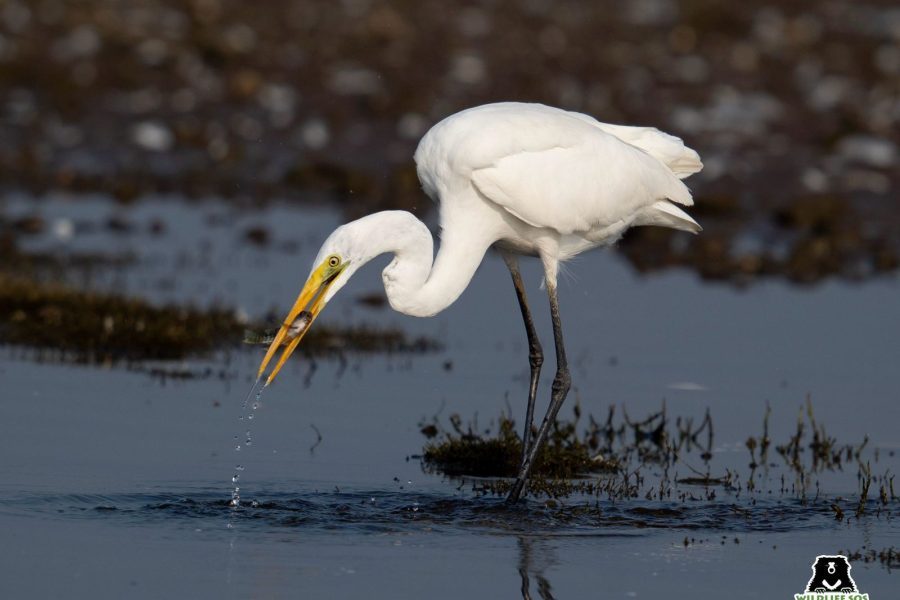Back in 2007, a startling news from the Department of Horticulture in Srinagar had the Wildlife SOS team of Dachigam Bear Rescue Centre rush to the city’s Botanical Garden. Two tiny bear cubs had been found by the maintenance staff within a den discovered inside the public lawn. However, there was no sight of their mother.
Being only a week old, the two Asiatic black bear cubs were in urgent need of maternal care. Multiple efforts were made to reunite these cubs with their mother as soon as possible. Bear cubs require their mother’s close supervision for the first two years of their lives, during which they learn skills to remain alive in the wild. Despite our persistent attempts, the mother bear did not return to her cubs, leaving the two in a vulnerable state.
It was then that the responsibility of providing the cubs with urgent and sensitive care was accorded to our team. Named Rozy and Fancy, the two cubs were raised gently by the staff, and have grown into mighty and healthy bears. This month, we focus on Rozy, who has now led 16 years of her life under effective care at the facility, and has grown to become a vibrant and enthusiastic bear!
Like the rest of her kind in the wild, Rozy is an adept climber and a skilled swimmer. Our caregivers at the centre often witness this young ursine take a dip in the water, and merrily play with wooden logs while staying afloat. These logs are a part of the structural enrichments that are set up for bears so as to stimulate their mind and indulge in various physical activities.
Asiatic black bears are proficient in reaching the highest spots smoothly in the mountainous landscapes of Jammu and Kashmir. Rozy’s love for climbing treetops is a strong reflection of her natural skills and traits. The centre has abundant trees and vast fields that closely resemble Rozy’s wild habitat, and this allows her to explore this terrain with delight. After completing a fascinatingly long climb, this bear is sure to take a comfortable nap right between the branches!
Since her childhood, Rozy has experienced the warm affection of her caregiver. She was hand-raised by him in a positive environment, which has led her to share a tightly knit bond with her carer.
To attend to her daily care, the caregiver makes sure to place food-based enrichments across her field. Among these is a barrel filled with treats, which keeps Rozy highly entertained and engrossed! She can be seen playfully rolling it to extract the delicious edibles that are tucked inside it. Asiatic black bears are omnivorous, which is why Rozy not only enjoys eating a variety of fruit, she also uses her long claws to dig out insects and termites from the soil.
Snow blankets Jammu and Kashmir in the winter months, during which time Asiatic black bears are largely inactive and resort to hibernation. This is why Rozy’s physical activities vary through the year, and her diet corresponds to the season. During the summer, Rozy consumes a rich diet featuring honey-laced porridge with fruits and nuts. She has a fondness for apples and watermelons, and quickly finishes every last bit of these juicy fruits!
Rozy finds pleasure in the company of her sister, Fancy. The two bears have included another rescued bear, Julie, in their sisterhood. Rozy was introduced to a new and interesting nesting habit by Julie, who would pull out grass to create a cosy sitting spot at the base of a tree. Both sisters immediately took to doing this as well, adding a novel element to their routine. The trio can also be seen racing to reach the top of trees! Unlike black bears in the wild, the three enclosure mates have formed an excellent companionship, even though they each enjoy their solitary time.
Rozy’s special camaraderie with Fancy and Julie has played a significant role in maintaining her overall well-being. She has shown immense faith in her caregiver, since he prioritises Rozy’s needs and her daily routine. Her story is intertwined with the broader narrative of the conservation efforts led by Wildlife SOS, where we offer a second chance of life to young bears, leopard cubs, baby monkeys, and many other infant animals that were unfortunately separated from their mothers for a variety of reasons.
To help us maintain the upkeep and welfare of our spirited bear Rozy, consider sponsoring her!





